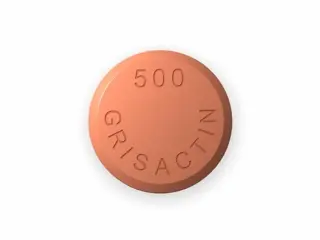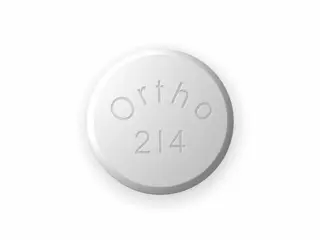Antifungal
Effective antifungal treatments to help eliminate infections and restore skin and nail health. Shop trusted products designed to relieve symptoms quickly and prevent recurrence. Find the right solution for athlete’s foot, ringworm, yeast infections, and more. Fast-acting formulas available for purchase now.
Antifungal medications are important for treating infections caused by fungi. These infections can affect the skin, nails, mouth, or internal organs. Fungi can cause issues such as athlete’s foot, ringworm, yeast infections, and more serious systemic infections. Early treatment is crucial to prevent complications.
One popular antifungal drug is Diflucan. Its active ingredient is fluconazole. Diflucan works by stopping the growth of fungus. It is often used for yeast infections and fungal meningitis. It comes in pill form and sometimes as an injection. Diflucan is favored for its ease of use and effective results. Many patients report quick relief with minimal side effects. However, it should be used under medical guidance to avoid resistance.
Grifulvin and Grifulvin V contain griseofulvin. These are older antifungal medications, mainly prescribed for skin and nail infections. Griseofulvin works by interfering with fungal cell division. It is effective but requires long courses of treatment. Many patients need to take the medicine for weeks or months. Side effects can include headaches and stomach upset. These medicines remain valuable for stubborn infections.
Grisactin is another antifungal option, usually supplied as a topical treatment. It contains griseofulvin as well, but in a form designed for direct application on the skin. It helps clear surface fungal infections. It is easy to use and generally well tolerated. Some users may experience mild skin irritation at the site of application.
Lamisil contains terbinafine, a potent antifungal for both topical and oral use. It is widely used to treat athlete’s foot, jock itch, and nail fungus. Terbinafine kills fungi by blocking an enzyme necessary for their growth. The oral form often clears nail infections faster than older treatments. Lamisil is favored due to its effectiveness and shorter treatment duration. Some patients may notice side effects such as taste changes or digestive discomfort.
Lotrisone combines two medicines: clotrimazole (antifungal) and betamethasone (steroid). This combination treats fungal skin infections with inflammation and itching. Clotrimazole kills fungi, while betamethasone reduces redness and swelling. Lotrisone is useful for severe or irritated fungal infections. However, it should not be used for long periods, as steroids can thin the skin and worsen some fungal infections if overused.
Nizoral contains ketoconazole and is available in topical and oral forms. It treats dandruff, seborrheic dermatitis, and various fungal infections. Ketoconazole works by damaging the fungal cell membrane. Nizoral shampoo is widely used for scalp fungal issues. The oral form treats systemic and difficult-to-treat fungal infections. Its use is sometimes limited by potential liver side effects, especially in oral form.
Sporanox features itraconazole, a broad-spectrum antifungal. It is prescribed for serious infections like fungal nails, lung fungal infections, and systemic mycoses. Itraconazole inhibits fungal cell membrane synthesis. Sporanox is effective but requires careful dosing and monitoring. Its use includes oral capsules and solution forms. Patients often report success with stubborn infections but may experience side effects such as nausea or liver enzyme changes.
Choosing the right antifungal depends on the infection type, severity, and patient health. Topical treatments are common for skin and scalp infections. Oral antifungals are preferred for nail or systemic infections. All antifungals should be used exactly as prescribed. Improper use can lead to resistance or relapse.
Some fungal infections respond better to newer drugs like Lamisil and Sporanox, which act faster and have better nail penetration. Older drugs like Grifulvin still hold value for some skin infections. Combination products like Lotrisone help manage symptoms but should not replace complete antifungal treatment.
Patients must inform their doctor about other medications to avoid drug interactions. Liver health and possible allergies should be considered. Many antifungals require long-term use, and stopping early can cause recurrence. Monitoring for side effects is important, especially for oral medications.
In summary, antifungal medicines such as Diflucan, Grifulvin, Grisactin, Lamisil, Lotrisone, Nizoral, and Sporanox offer a wide range of options. They vary in application, spectrum of activity, and safety profiles. Proper selection and adherence ensure effective elimination of fungal infections and reduce the risk of complications.





